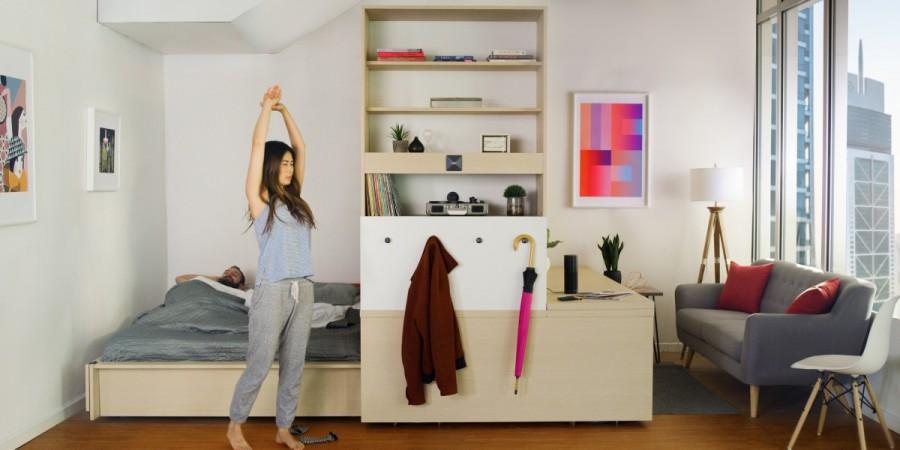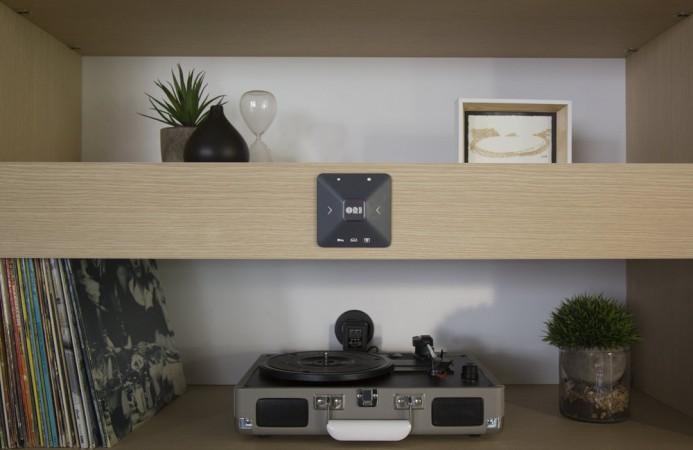
Urban population continues to swell by the day especially in developing countries like India where a large number of people from rural scape migrate to cities in search of employment and better living.
The cities got congested with this influx, that gave rise to tiny living spaces that offer a lower cost of living. These issues created the need to come up with a mechanism to solve urban space constraints.
And now, robotic living could be an 'in thing' for the next generation.
You can now transform your tiny apartment into a bedroom, a workplace, or a large closet by adopting a robotic living. MIT Media Lab spinout Ori sells smart robotic furniture that enables you to command your bed or any other household item in your room retract at the push of a button or tapping an icon of a mobile app or through voice command.
Living up to its name which derived from "origami," the Japanese art of folding paper to create beautiful and remarkable objects, Ori's L-shaped smart robotic furnitures are installed on a track along a wall that allows it to slide back and forth.

Explaining the working mechanism of Ori's smart furniture, a note from Massachusetts Institute of Technology (MIT) News office said, "One side features a closet, a small fold-out desk, and several drawers and large cubbies. At the bottom is a pull-out bed. The other side of the unit includes a horizontal surface that can open out to form a table. The vertical surface above that features a large nook where a television can be placed, and additional drawers and cubbies. The third side, opposite the wall, contains still more shelving, and pegs to hang coats and other items."
But how will the users control these systems? Well, it can be done by plugging a control hub into a wall, through Ori's mobile app or a smart home system like Google Home and Amazon's Echo.

"We use robotics to ... make small spaces act like they were two or three times bigger," said Ori founder and CEO Hasier Larrea SM '15 in a statement. "Around 200 square feet seems too small (total area) to live in, but a 200-square-foot bedroom or living room doesn't seem so small."
Ori has started selling its smart robotic furniture to real estate developers in Boston and other major cities across the US and Canada at about $10,000. It aims at making it available to the public once the technology evolves and catches on.

"These technologies can evolve for kitchens, bathrooms, and general partition walls. At some point, a two-bedroom apartment could turn into a large studio, transform into three rooms for your startup, or go into 'party mode,' where it all opens up again," said Larrea.
He added that the technology may help tackle challenges of mass urbanisation in places like China and India, where, as per data, "600 million people will move from towns to cities in the next 15 years."

















